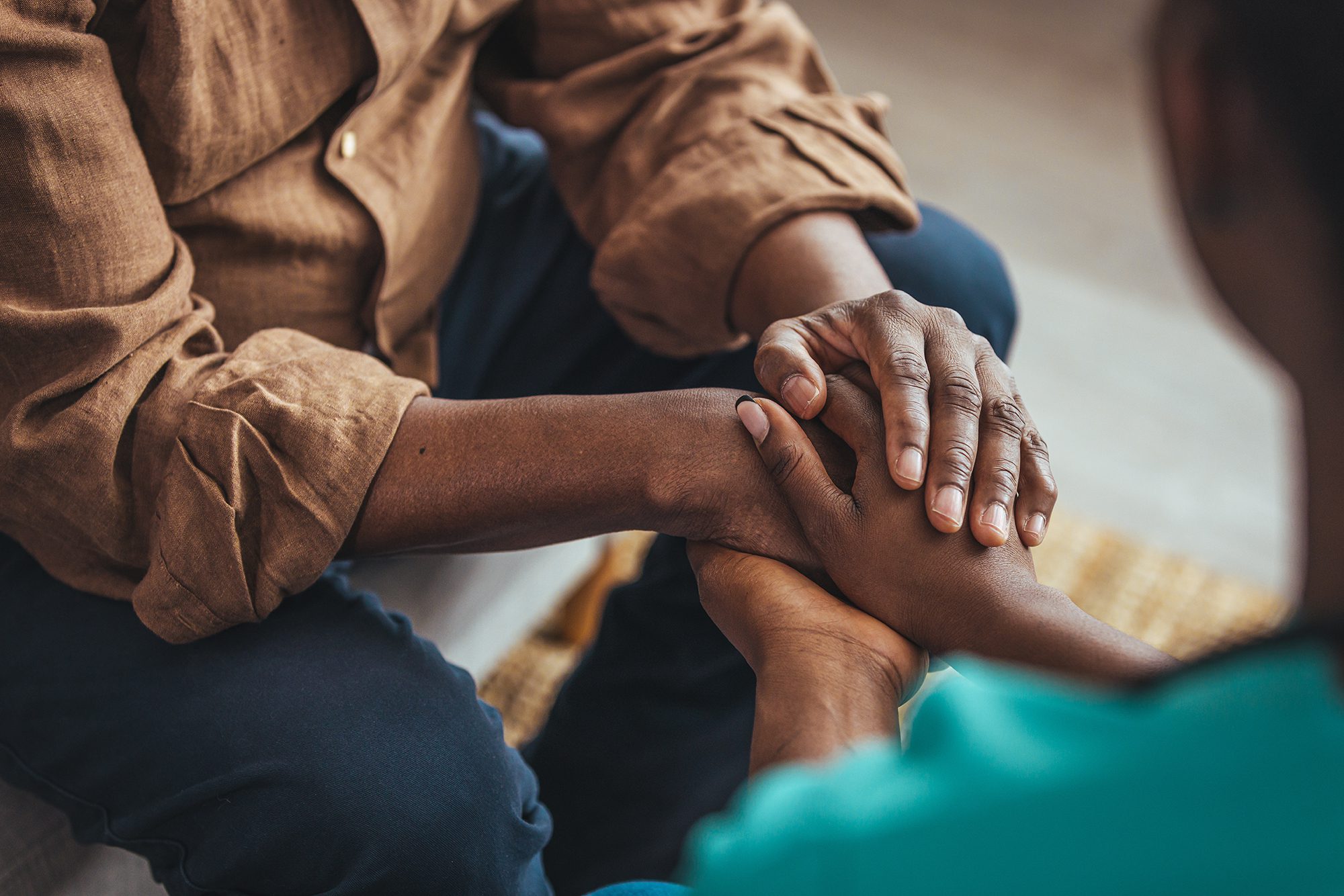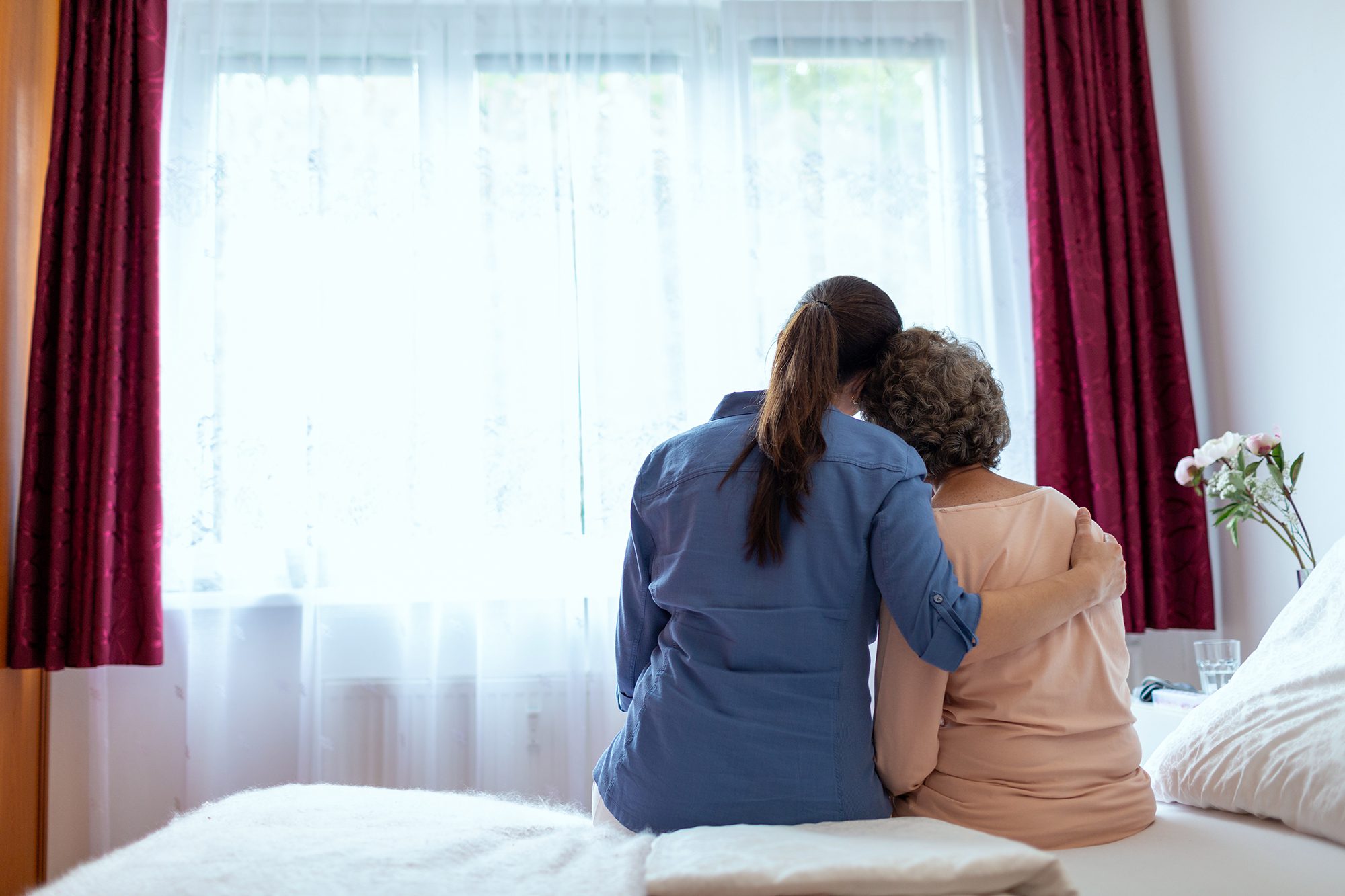It can take a while to reach a diagnosis and your doctor will need to carry out tests. When you first receive a dementia diagnosis, it can be a lot to take in. Your doctor will explain options for support and treatment, which could include activities and therapies as well as medicines. They will also be able to talk about how dementia can progress and what you and your family can expect in future.
You might be feeling upset and angry and loved ones will be anxious. It’s understandable for many people to feel a real sadness and grief at the loss of the life they knew.
But help is out there. You may be given leaflets and information about the disease by medical professionals, but a good way to come to terms with a diagnosis is to speak to other people – that could be a dementia nurse or adviser at charities such as Dementia UK, Alzheimer’s Society and Alzheimer Scotland.
You might find it useful to share experiences with people who understand what you’re going through. That could be by finding a local support group, joining an online community or speaking to a qualified counsellor or psychotherapist.
Royal Voluntary Service has activity and support groups for people with dementia in Scotland, England and Wales, focused on getting people out to meet others in similar situations. This provides a support network for those with dementia, as well as their carers. Groups do activities, while cafe support groups have information and advice on everything from power of attorney to benefits. There’s also the opportunity to link up with friendly volunteers, who will spend time with the person living with dementia and give their carer a few hours to themselves.
Rachel Fox, national dementia development manager at Royal Voluntary Service, says: “It’s so important to get a diagnosis of dementia because often that can open up the support you can get. One of the biggest pieces of advice our group members would offer is to go out and meet other people living with dementia and their carers. The friendships and support networks that are formed are absolutely invaluable.
“I know it can be daunting to take that first step. But once you’re out there and you’re speaking to other people, you’re in a safe and supportive environment where people are going through very similar situations.
“It’s important to know you can still have fun and do something enjoyable. It’s about living well with dementia – it might just be a different way of living. We’ve got so many stories of people who have learned new skills and made friends, which is amazing.”

















